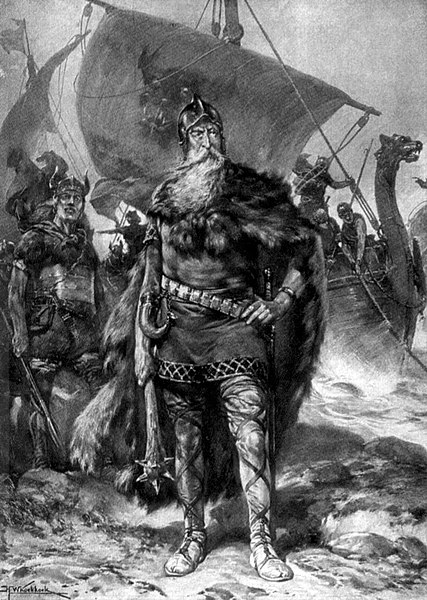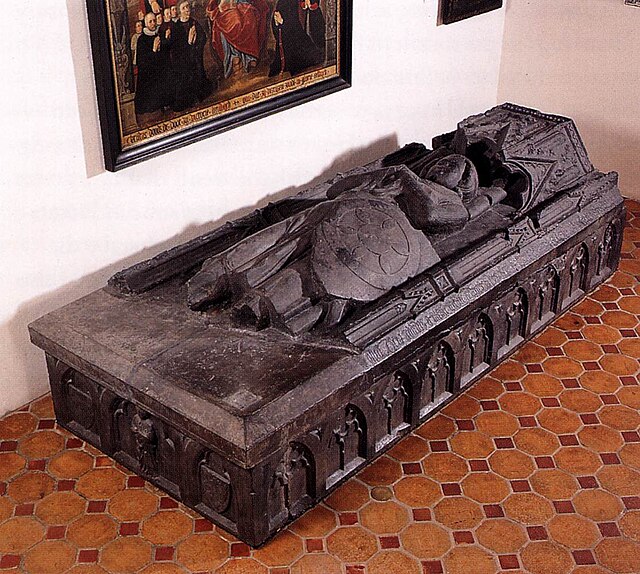Drug policy of the Netherlands
While recreational use, possession and trade of non-medicinal drugs described by the Opium Law are all technically illegal under Dutch law, official policy since the late 20th century has been to openly tolerate all recreational use while tolerating possession and trade under certain circumstances. This pragmatic approach was motivated by the idea that a drug-free Dutch society is unrealistic and unattainable, and efforts would be better spent trying to minimize harm caused by recreational drug use. As a result of this gedoogbeleid, the Netherlands is typically seen as much more tolerant of drugs than most other countries.
Cannabis coffee shop in Amsterdam, Netherlands
Signs in Amsterdam, indicating smoking cannabis and drinking alcohol are prohibited in this particular neighbourhood due to disturbances
Street sign indicating ban of Nitrous oxide use in Groningen
Cigarette smokers as a percentage of the population for the Netherlands as compared with the United States, Norway, Japan, and Finland
The Netherlands, informally Holland, is a country located in northwestern Europe with overseas territories in the Caribbean. It is the largest of the four constituent countries of the Kingdom of the Netherlands. The Netherlands consists of twelve provinces; it borders Germany to the east and Belgium to the south, with a North Sea coastline to the north and west. It shares maritime borders with the United Kingdom, Germany, and Belgium. The official language is Dutch, with West Frisian as a secondary official language in the province of Friesland. Dutch, English, and Papiamento are official in the Caribbean territories.
The Netherlands in 5500 BC
Rorik of Dorestad, Viking ruler of Friesland (romantic 1912 depiction)
A medieval tomb of the Brabantian knight Arnold van der Sluijs
Charles V, Lord of the Netherlands at the Battle of Mühlberg (1547), by Titian








